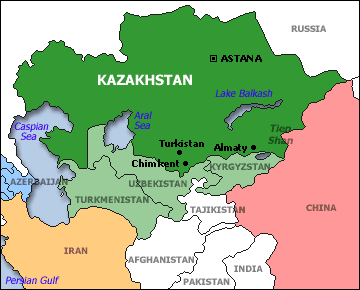 Qishloq Ovozi is pleased to once again introduce an up-and-coming scholar in the field of Central Asian studies, Bradley Jardine, a student at Glasgow University and currently an intern at RFE/RL. Jardine examines Kazakhstan’s efforts to alleviate the effects of a regional economic crisis, while at the same time preserving what could be described as national vanity projects.
Qishloq Ovozi is pleased to once again introduce an up-and-coming scholar in the field of Central Asian studies, Bradley Jardine, a student at Glasgow University and currently an intern at RFE/RL. Jardine examines Kazakhstan’s efforts to alleviate the effects of a regional economic crisis, while at the same time preserving what could be described as national vanity projects.
Economy
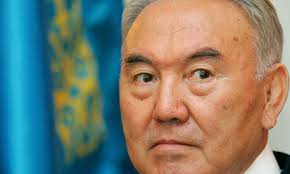 Actions in Ukraine have altered how Kazakhstan views Russian intent in the former Soviet Union and increased its sense of vulnerability. In response, the administration of President Nursultan Nazarbayev has undertaken measures to strengthen government, protect economic stability and shut down speculation that a Ukrainian scenario could unfold in its northern provinces.
Actions in Ukraine have altered how Kazakhstan views Russian intent in the former Soviet Union and increased its sense of vulnerability. In response, the administration of President Nursultan Nazarbayev has undertaken measures to strengthen government, protect economic stability and shut down speculation that a Ukrainian scenario could unfold in its northern provinces.
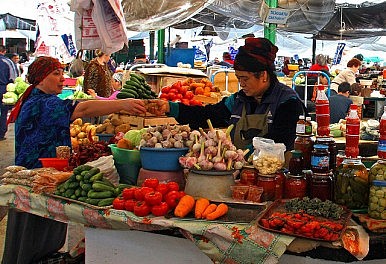 Kyrgyzstan, which was scheduled to join the Eurasian Economic Union (EEU) on May 1, has delayed full accession until the end of the month. This delay is another in an impressive history of delays that Eurasianet's Chris Rickleton aptly called a "curious subplot to the generally unsuccessful story of Eurasian integration thus far."
Kyrgyzstan, which was scheduled to join the Eurasian Economic Union (EEU) on May 1, has delayed full accession until the end of the month. This delay is another in an impressive history of delays that Eurasianet's Chris Rickleton aptly called a "curious subplot to the generally unsuccessful story of Eurasian integration thus far."
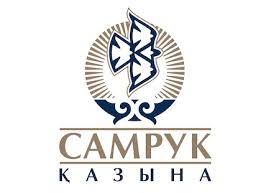 Kazakhstan's sovereign wealth fund, which controls oil producer KazMunaiGaz and the nation's rail monopoly, said selling its companies' foreign-currency earnings alone won't stave off pressure on the tenge to decline.
Kazakhstan's sovereign wealth fund, which controls oil producer KazMunaiGaz and the nation's rail monopoly, said selling its companies' foreign-currency earnings alone won't stave off pressure on the tenge to decline.
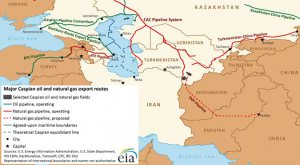 Kazakhstan, an oil producer since 1911, has the second-largest oil reserves as well as the second-largest oil production among the former Soviet republics after Russia.
Kazakhstan, an oil producer since 1911, has the second-largest oil reserves as well as the second-largest oil production among the former Soviet republics after Russia.
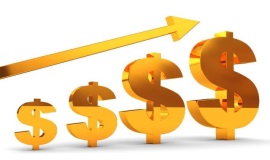 In Kazakhstan, the most telling sign that investors are bracing for another currency devaluation is their refusal to part with dollars. Exporters and other holders of the greenback are turning to the currency swaps market for contracts that allow them to obtain the local currency they need without having to sell their dollars outright. Volumes in such deals reached a daily average of $2 billion this month, five times more than in all of last year, according to Kazakhstan stock exchange data.
In Kazakhstan, the most telling sign that investors are bracing for another currency devaluation is their refusal to part with dollars. Exporters and other holders of the greenback are turning to the currency swaps market for contracts that allow them to obtain the local currency they need without having to sell their dollars outright. Volumes in such deals reached a daily average of $2 billion this month, five times more than in all of last year, according to Kazakhstan stock exchange data.
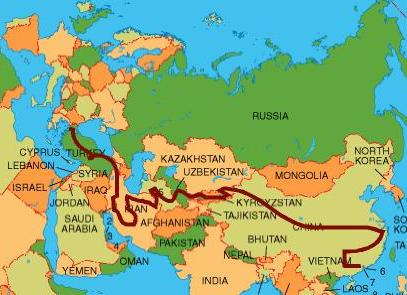 China secured deals worth more than $14 billion to enhance connectivity with Kazakhstan, Central Asia's largest economy, in what is another step forward in efforts to revive the ancient transcontinental Silk Road.
China secured deals worth more than $14 billion to enhance connectivity with Kazakhstan, Central Asia's largest economy, in what is another step forward in efforts to revive the ancient transcontinental Silk Road.
 After the OPEC countries decided not to reduce the quota for oil production, a further drop in oil prices can adversely affect the economy of Kazakhstan, the expert of the Institute of Political Solutions of Kazakhstan Sergey Smirnov told Trend.
After the OPEC countries decided not to reduce the quota for oil production, a further drop in oil prices can adversely affect the economy of Kazakhstan, the expert of the Institute of Political Solutions of Kazakhstan Sergey Smirnov told Trend.
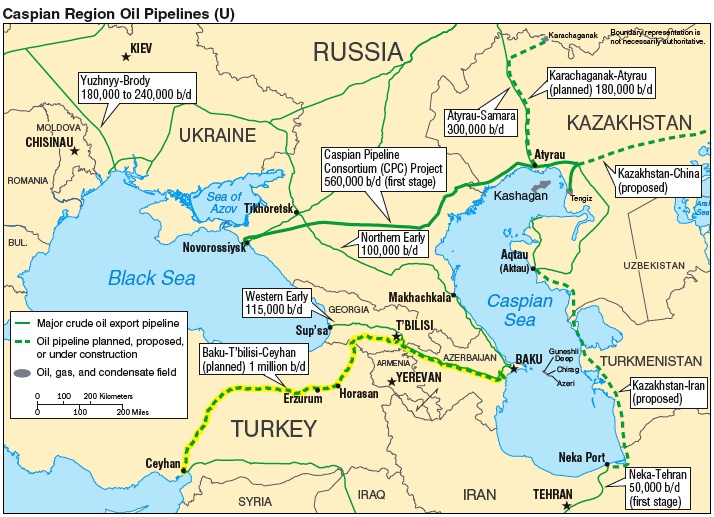 Russian politician Andrei Zhirinovsky is all mouth, so it would not normally have caused a stir when he suggested earlier this year that Russia should simply annex the parts of neighboring Kazakhstan that have a large Russian population. But the ultra-nationalist leader of the Liberal Democratic Party actually frightened the Kazakhs, because there is a bigger game going on.
Russian politician Andrei Zhirinovsky is all mouth, so it would not normally have caused a stir when he suggested earlier this year that Russia should simply annex the parts of neighboring Kazakhstan that have a large Russian population. But the ultra-nationalist leader of the Liberal Democratic Party actually frightened the Kazakhs, because there is a bigger game going on.
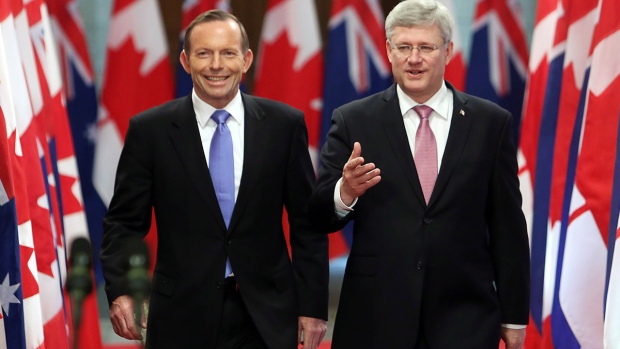
Australian Prime Minister Tony Abbott and Canadian Premier Stephen have just landed near the bottom of a ranking of the world's worst climate villains.

How a Chinese company exports the Great Firewall to autocratic regimes
More details
Kazakhstan diverting crude to Russia’s CPC as Azerbaijan deals with tainted oil
More details

